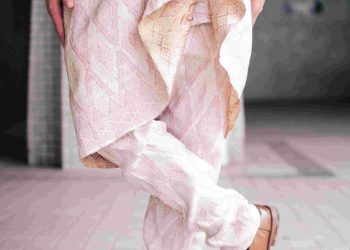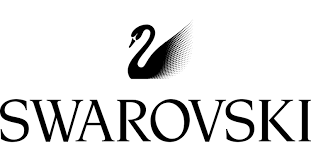Impact of Fast Fashion on Environment
The endless pursuit of trend-driven consumerism is wreaking environmental havoc, all for the fleeting satisfaction of cheap and disposable clothing. Are we willing to pay such a price for convenience?
A Personal Reflection: My Awakening to Fast Fashion’s Toll
It started innocuously, as most habits do. A mall outing, a discounted rack, and a handful of trendy garments that felt so rewarding in the moment. For years, I reveled in the joy of cheap fashion—only to realize, over time, the staggering amount of waste I was contributing to. The epiphany struck when I read about a landfill site where thousands of tons of clothing waste lay rotting, emitting toxic chemicals and polluting groundwater. The convenience of fast fashion had blinded me to its true cost.
The Bigger Picture: Environmental Consequences
Fast fashion’s environmental footprint is vast and far-reaching. According to a report by the United Nations Environment Programme, the fashion industry contributes 10% of global carbon emissions annually—more than aviation and shipping combined. Added to this are the large quantities of water consumption in textile production (it takes 2,700 liters to produce a single cotton t-shirt) and the staggering volume of textile waste generated when cheaply made garments are inevitably discarded.
Challenging Conventional Wisdom
Mainstream thinking suggests that affordable fashion democratizes style, offering everyone the chance to participate in trends. But does it really empower? Or does it exploit consumers by perpetuating a cycle of low-quality goods that must be replaced constantly? Fast fashion preys on our desire for instant satisfaction, yet cripples our ability to invest in enduring practices that benefit both people and the planet.
Cross-Disciplinary Perspectives: Psychology, Philosophy, and Economics
Psychologically speaking, fast fashion feeds our innate desire for novelty and social approval, but this dopamine-driven loop rarely leads to true satisfaction. Philosophically, we might question the ‘virtue ethics’ of consumption—what does it say about a society that prioritizes disposable goods over sustainable living?
Economically, while fast fashion provides jobs and stimulates short-term growth, it undermines long-term stability by fostering unsustainable practices. Alternative models, such as circular economies, could challenge this paradigm and pave the way for a more equitable distribution of resources.
Future Trends: The Rise of Sustainable Fashion
As awareness of environmental issues grows, sustainable fashion is becoming more than just a niche trend. Brands are beginning to embrace concepts like upcycling, slow fashion, and zero-waste production. Technological innovations, such as recycled fibers and biodegradable fabrics, offer hope for a greener fashion industry.
Consumer behavior is also shifting. Younger generations, especially Millennials and Gen Z, are demanding accountability from brands and seeking alternatives like second-hand clothing and rental services.
Practical Steps Toward Change
- Audit your wardrobe: Before buying anything new, examine whether you already own similar items.
- Invest in quality: Spend more on durable, timeless pieces rather than trend-based cheap clothing.
- Opt for second-hand: Thrift stores and vintage shops are eco-friendly and cost-effective.
- Educate yourself: Learn about the environmental impact of textiles and support brands that prioritize sustainability.
- Adopt a minimalist mindset: Ask yourself if you truly need an item before buying it.
A Call to Action
We often view systemic issues like environmental degradation as insurmountable challenges that are beyond our control. But the truth is that change starts with individual decision-making. By making informed fashion choices, we can collectively drive brands to adopt more sustainable practices and influence society to value long-term environmental health over short-term convenience.
As I look back at my own journey, I realize it’s not just about the clothes on our back. It’s about the legacy we leave behind. Let’s dare to break away from harmful cycles and embrace a future where style doesn’t come at the expense of our planet’s well-being.












